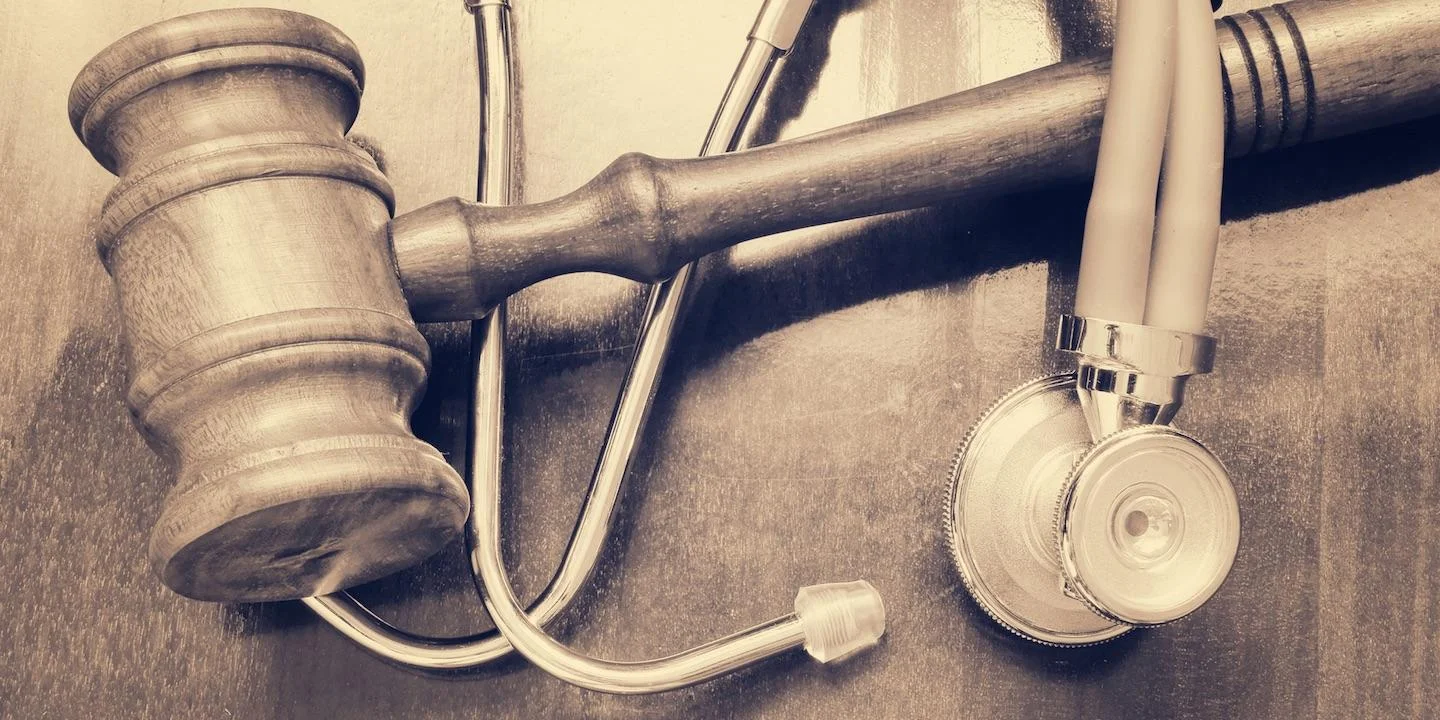SAN FRANCISCO (Legal Newsline) – The Supreme Court of California ruled on July 17 that the Medical Board of California did not violate a patients’ rights clause of the state’s constitution when it secured information from the Controlled Substance Utilization Review and Evaluation System (CURES) regarding patients who had been prescribed a controlled substance without a court order allowing the release of the information.
According to the Supreme Court’s opinion, the board sought and obtained the CURES information as part of an investigation into Dr. Alwin Carl Lewis. The opinion was entered as part of a case filed by Lewis against the Superior Court of Los Angeles County, as respondent, and the board, as a party in interest.
Under CURES, every prescription of a Schedule II, III or IV controlled substance must be entered in the database, along with detailed information about the patient, the prescription and the doctor and pharmacy that prescribed and filled the prescription.
California law does state that the information stored in the CURES system can be obtained by “appropriate state, local, and federal public agencies for disciplinary, civil or criminal purposes and to other agencies or entities, as determined by the Department of Justice, for the purpose of educating practitioners and others in lieu of disciplinary, civil or criminal actions.”
However, the Supreme Court said it does not believe that the board was wrong to obtain this information in connection with its investigation without a warrant or subpoena.
“Even assuming that accessing prescription records without good cause constitutes a significant intrusion on a legally protected privacy interest, the board’s actions in this case were justified,” the opinion said.
Specifically, the state’s high court said in the ruling that “the disclosure of CURES data to the Boad is not a de minimis intrusion on patients’ reasonable and legally protected privacy interests. But…the government interests behind the prescription drug monitoring program are sufficiently weighty to justify the privacy invasion here.”
The board began its investigation of Lewis in November 2008 after a patient filed a complaint alleging the doctor recommended she eat only 10 bites of food each day, spread over two meals, as part of a diet to lose weight. The investigation eventually led the board to seek, and obtain, CURES data for five of Lewis’ other patients.
Following its investigation, the board charged Lewis with “unprofessional conduct, prescribing dangerous drugs without an appropriate examination, excessive prescribing and failure to maintain adequate and accurate medical records,” the Supreme Court opinion said.
Lewis claimed in a motion to dismiss the claims related to the additional patients that the board had violated California law when it got those patients’ data from the system.
